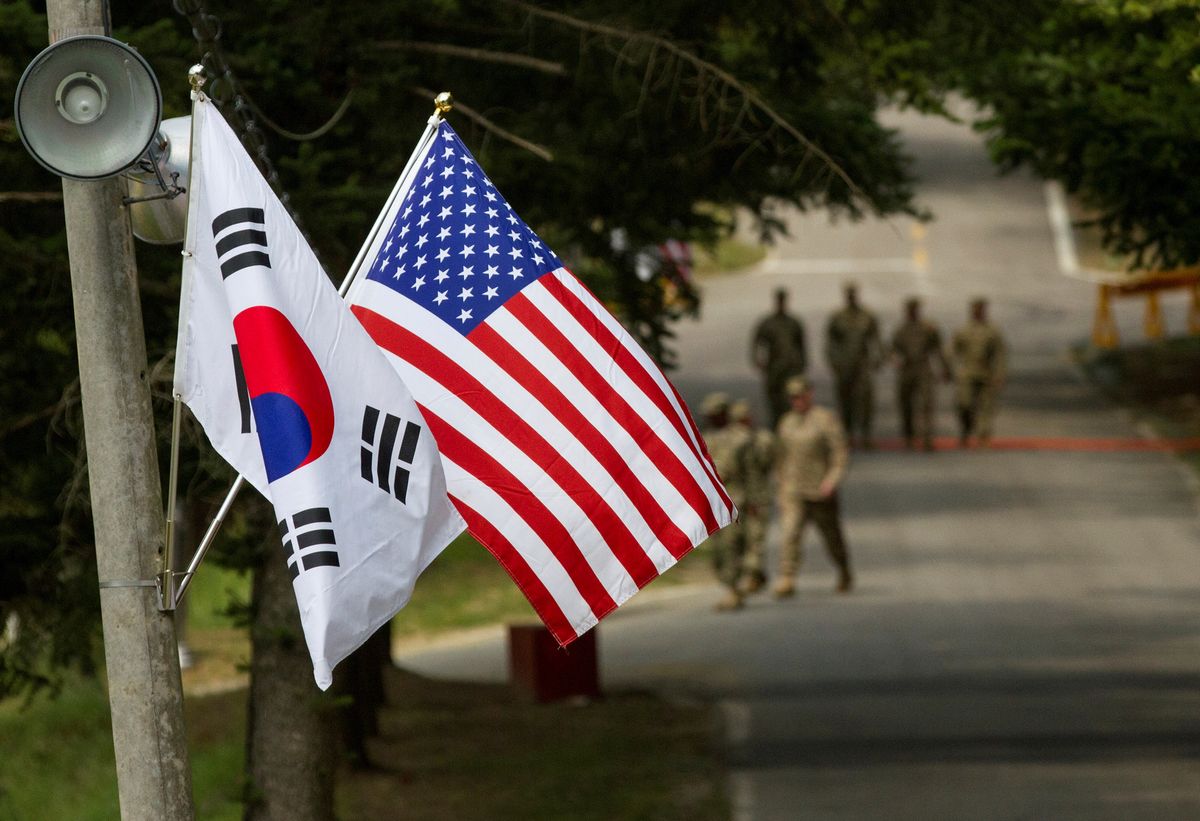South Korea investigates falsified Western adoption cases
In 2005, South Korea established its Truth and Reconciliation Commission to investigate various human rights abuses of the 20th century.

A few minutes every morning is all you need.
Stay up to date on the world's Headlines and Human Stories. It's fun, it's factual, it's fluff-free.
The backstory: In the second half of the 20th century, there was a Western adoption frenzy as people in Europe and North America wanted to adopt children from Asia into their families. It’s widely believed that South Koreans make up the biggest group of foreign adoptees, most placed into Western homes in the 70s and 80s. During much of that time, South Korea’s government saw adoptions as a way to strengthen diplomacy with the West while also getting rid of impoverished and socially unwelcome children, like orphans and babies of unwed mothers. But, while promoting adoption, the government allegedly turned a blind eye to agencies that messed with records and took children without proper approval. For example, many kids who were supposed to be orphans really had identifiable relatives.
More recently: In 2005, South Korea established its Truth and Reconciliation Commission to investigate various human rights abuses of the 20th century. It was relaunched in 2020 to address the needs of survivors and victims’ families who seek truth and justice for past state violence – including sham adoptions. Last year, over 370 adoptees from Europe, North America and Australia filed applications for the commission to investigate their cases. In December, the commission said it would investigate the first 34 cases. It found that many of the adoption records for those sent to the West were clearly phony, making it look like these children had been orphans or faking their identities entirely.
The development: Now, the commission is taking on 237 more adoption cases. These new cases are a part of its expansion into investigating false adoptions. The new cases involve adoptees in 11 countries, including the US, Denmark, Norway and Sweden, all adopted from South Korea from 1960 to 1990. If the adoptions were fraudulent, then adoptees have the chance to take legal action against individual agencies or the government. While applications for investigation are being reviewed in the order they were received, it’s likely that the rest of the 370 cases (99 remaining) will also be accepted and investigated.
Key comments:
"The lifelong impacts of these injustices on adoptees, their Korean families and adopted families cannot be understated," said Jasmine Healey, who represents a group of adoptees sent away through Eastern Social Welfare Society. "The inability to know who you are, who you belonged to, where you came from, to be cut off from knowing your family history, which is such a strong pillar of identity, the consequences of this could be dire or sometimes devastating for adoptees."
“The reason why we want to find the truth of past incidents isn’t meant to punish someone but is meant to resolve the resentment [of adoptees] and prevent the recurrence of similar incidents,” reads a joint statement by South Korean civic groups from last year. “When we resolve their resentment, adoptees in foreign countries can recover their identities and reconcile with adoption agencies and the Republic of Korea.”




Comments ()